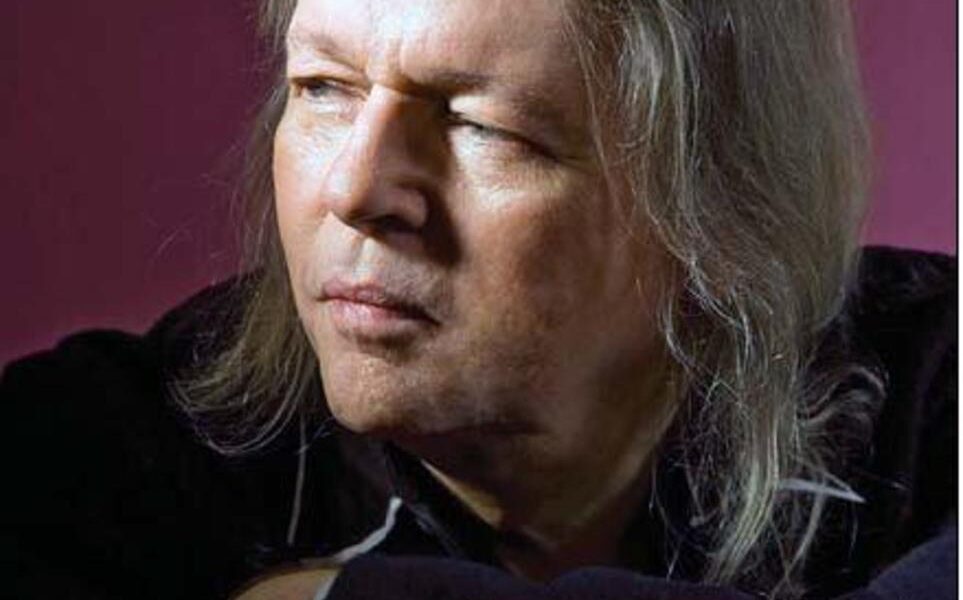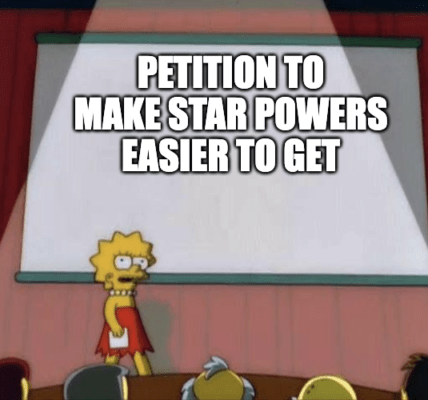Page Contents
- 1 Christopher Hampton: Writing Adaptations by Hand
- 1.0.1 ADDITIONAL QUESTIONS BEING ASKED IN THIS INTERVIEW:
- 1.0.1.1 • Stephen Frears is noted as a director who likes to have a writer on set.
- 1.0.1.2 • What’s the nature of your collaboration with Frears?
- 1.0.1.3 • The film uses voiceover from a narrator. Was that always intended or added later?
- 1.0.1.4 • The final moment in the film does a striking thing by giving a major piece of information in voiceover.
- 1.0.1.5 • That’s Stephen Frears himself doing the voiceover, isn’t it?
- 1.0.1.6 • With his slightly plumy accent and jaunty tone it reminded me of Carol Reed doing the voiceover at the beginning of THE THIRD MAN.
- 1.0.1.7 • Is there a general approach that you have to adaptations?
- 1.0.1.8 • And what about CHÉRI in particular?
- 1.0.1.9 • Has any project felt like a soufflé when you were making it?
- 1.0.1.10 • Do you aim to write a set number of pages a day?
- 1.0.1.11 • Do you revise as you go?
- 1.0.1.12 • And then there’s the matter of incorporating other people’s ideas.
- 1.0.1.13 • You write by hand.
- 1.0.1.14 • Are there things that frustrate you about your writing?
- 1.0.1.15 • Is that because a happy scene might be lacking in tension?
- 1.0.1.16 • It’s a moving moment when Chéri sees that Léa has returned and for the first time he happily takes his wife to bed. It’s an interesting mix.
- 1.0.1.17 • Do you ever still write on spec?
- 1.0.1.18 • You’ve had about one in three of your scripts made, which is a very high rate. But how do you feel about others that haven’t been, such as The Secret History and Edith Wharton’s The Custom of the Country?
- 1.0.1.19 • Your work on screen and stage is mainly characterised by adaptations or is about real people. Why is that?
- 1.0.1.20 • You said that film is more like a novel than a play.
- 1.0.1.21 • Despite this, in Britain it is writers who began as playwrights such as Tom Stoppard, David Hare, Ronald Harwood and you who are asked to adapt major books for cinema.
- 1.0.1.22 • You’re now adapting John Steinbeck’s East of Eden for Hollywood.
- 1.0.1.23 • Because of the place the James Dean film has in people’s memories?
- 1.0.1.24 • Lastly, do you have any words for aspiring screenwriters?
- 1.0.1.25 To read the above article in its entirety, SUBSCRIBE to our PRINT EDITION. New to movieScope Magazine? Want to check out what we are all about before subscribing to the Print Edition? We now offer FREE access to Digital Editions of some of our most recent back issues!
- 1.0.1 ADDITIONAL QUESTIONS BEING ASKED IN THIS INTERVIEW:
- 1.1 Author
Christopher Hampton: Writing Adaptations by Hand
But as is quite usual in the film industry, many of his projects haven’t been filmed, although his success rate of one in three is, in fact, very high. Greatly in demand as an adaptor, his screenplays for unfilmed projects, but perhaps yet to be filmed, projects include Donna Tartt’s The Secret History, Deborah Moggach’s Tulip Fever and Joseph Conrad’s Nostromo, on which he spent a year working with David Lean.
With CHÉRI, Hampton reteams with DANGEROUS LIAISONS director Stephen Frears and star Michelle Pfeiffer. Based on the novel by Colette, it’s set in pre-WWI Paris and is a lightly told tale of the doomed love affair between a retired courtesan and her friend’s 19-year-old son.
Here Hampton talks to movieScope about the art and craft of adaptations and why it can take 21 sets of script revisions to make a soufflé.
How did the film CHÉRI come about?
I’d always loved Colette’s writing and had been preparing a project about her early life, but the producer of the project, Lester Persky, died and the project never advanced. Later a friend suggested that I adapt one of her novels instead and CHÉRI had always been my favourite. It’s one of the classic stories about how people don’t quite understand what love entails. These characters on the face of it aren’t particularly sympathetic: Léa is a retired wealthy courtesan and Chéri is the rich layabout son of another courtesan, but what’s very poignant is the slow dawning in both of them that they find something they weren’t quite expecting. And in the case of Chéri it’s going to mark the rest of his life.











